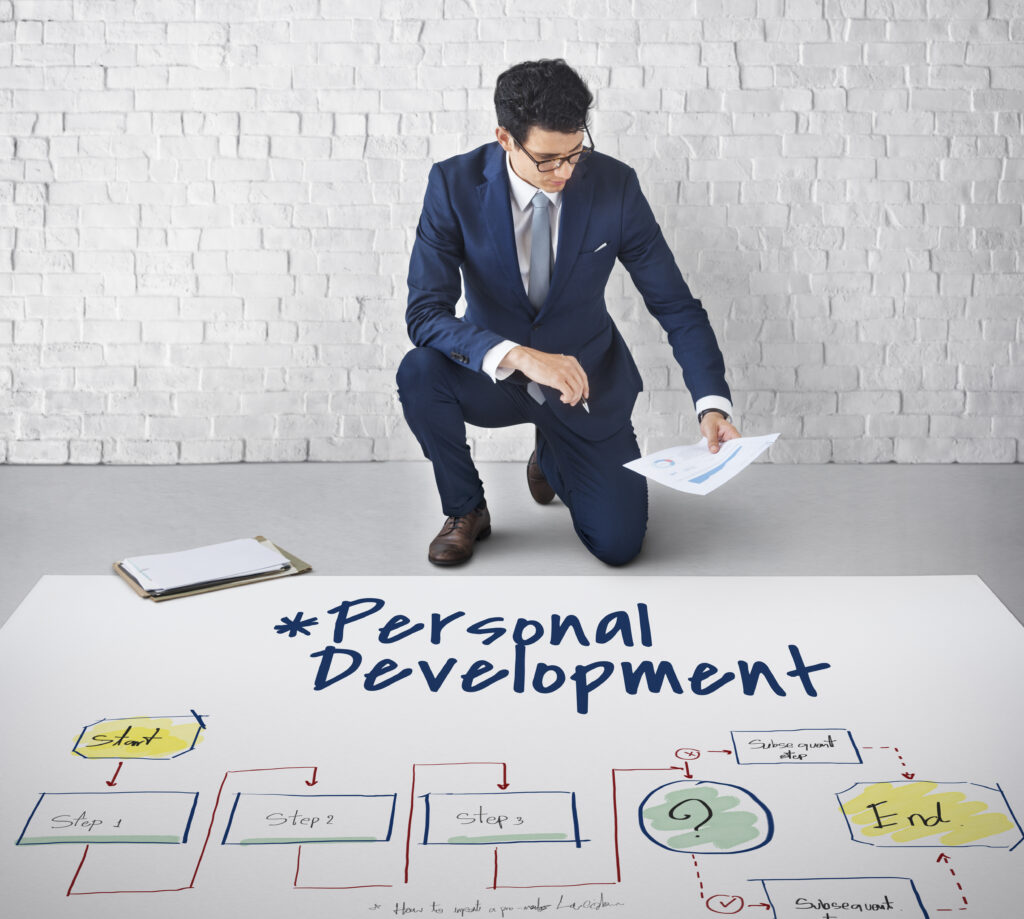Career and Professional Development In today’s rapidly changing job market, career and professional development are more crucial than ever. With technological advancements and evolving workplace dynamics, individuals must continuously adapt and grow to remain competitive. This blog post explores the importance of career development, key strategies for professional growth, and how to create a personalized development plan to achieve your career goals.
Understanding Career and Professional Development
Career and professional development refers to the continuous process of acquiring new skills, knowledge, and experiences to enhance one’s professional capabilities. This encompasses various activities, including formal education, training programs, mentorship, networking, and self-directed learning. The goal is to advance in one’s current career or transition into a new field, ensuring long-term success and satisfaction.
The Importance of Career Development
- Adaptability to Change: In an era of rapid technological advancement, career development equips individuals with the skills necessary to adapt to new tools and practices. Continuous learning helps professionals stay relevant and competitive.
- Increased Job Satisfaction: Engaging in professional development can lead to greater job satisfaction. Employees who invest in their growth often find more fulfilling and challenging roles, which can enhance overall job happiness.
- Enhanced Earning Potential: Professionals who actively pursue development opportunities tend to earn higher salaries. Gaining new skills and certifications can lead to promotions and increased responsibility, translating into financial rewards.
- Broader Career Opportunities: By developing a diverse skill set, individuals can open doors to new career paths. This versatility enables professionals to transition into different roles or industries, increasing their employability.
- Networking Opportunities: Engaging in professional development often involves networking with peers, mentors, and industry leaders. Building a robust professional network can lead to valuable connections and potential job opportunities.

Key Strategies for Professional Development
- Set Clear Goals: The first step in career development is setting clear, achievable goals. Consider both short-term and long-term objectives. Use the SMART criteria (Specific, Measurable, Achievable, Relevant, Time-bound) to structure your goals effectively.
- Continuous Learning: Embrace lifelong learning by seeking opportunities for education and training. This can include formal degrees, online courses, workshops, and certifications relevant to your field. Platforms like Coursera, LinkedIn Learning, and edX offer a plethora of resources.
- Seek Feedback: Constructive feedback is invaluable for growth. Regularly seek input from supervisors, colleagues, and mentors. This can provide insights into your strengths and areas for improvement, guiding your development efforts.
- Find a Mentor: A mentor can provide guidance, support, and valuable insights based on their experiences. Look for someone in your field who has achieved the success you aspire to. Regular meetings can help you stay focused and motivated.
- Networking: Attend industry conferences, workshops, and networking events to connect with professionals in your field. Building relationships can lead to new opportunities, collaborations, and insights into industry trends.
- Develop Soft Skills: In addition to technical skills, soft skills such as communication, teamwork, and emotional intelligence are crucial for career advancement. Engage in activities that foster these skills, such as group projects or public speaking.
- Stay Informed: Keep up with industry trends, news, and developments. Subscribe to relevant publications, join professional organizations, and participate in online forums to stay current and informed.
Creating a Personalized Development Plan
A personalized development plan is a roadmap for achieving your career goals. Here’s how to create one:
- Self-Assessment: Reflect on your skills, strengths, weaknesses, and interests. Consider taking personality or career assessments to gain insights into your preferences and potential career paths.
- Set Goals: Based on your self-assessment, outline specific goals for your professional development. Include timelines and milestones to track your progress.
- Identify Resources: Research resources available to you, such as courses, workshops, mentorship programs, and networking opportunities. Identify which resources align with your goals.
- Create an Action Plan: Break down your goals into actionable steps. For instance, if your goal is to gain a certification, outline the necessary steps to achieve that, including study materials, timelines, and testing dates.
- Monitor Progress: Regularly review and update your development plan. Assess your progress toward your goals, and adjust your plan as necessary. Celebrate your achievements to stay motivated.
- Be Flexible: The job market and your personal circumstances may change. Stay open to new opportunities and be willing to adjust your goals and strategies as needed.
Overcoming Common Challenges
- Time Constraints: Balancing work, personal life, and professional development can be challenging. Prioritize your development goals and schedule dedicated time for learning, even if it’s just a few hours a week.
- Fear of Failure: Fear of failure can hinder growth. Embrace a growth mindset, recognizing that failures are opportunities for learning and improvement.
- Lack of Resources: If financial constraints limit access to training and education, explore free or low-cost resources, such as online courses, community workshops, or local libraries.
- Resistance to Change: Change can be daunting, but it’s essential for growth. Embrace new challenges and view them as opportunities to develop new skills and expand your horizons.

Conclusion
Career and professional development is an ongoing journey that requires commitment, adaptability, and a proactive approach. By setting clear goals, continuously learning, seeking feedback, and building a robust professional network, individuals can unlock their potential and navigate their paths to success.

